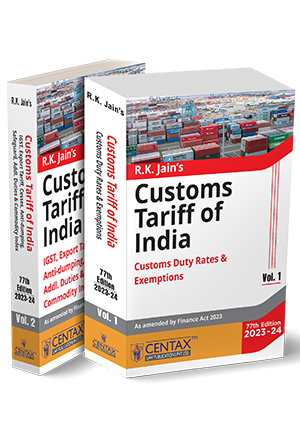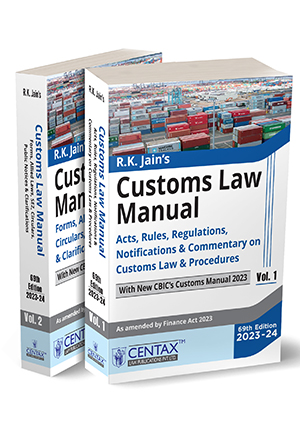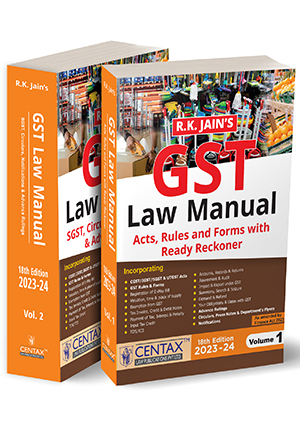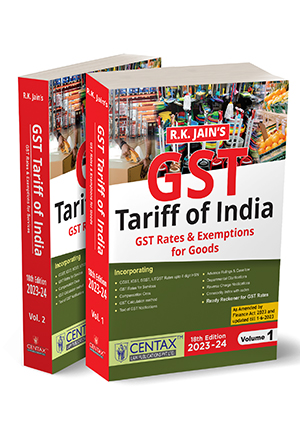RP’s plea to seek possession of Tea Estate couldn’t be allowed as lease was terminated long before admission of CIRP
- Blog|News|Insolvency and Bankruptcy Code|
- 2 Min Read
- By Taxmann
- |
- Last Updated on 23 June, 2022
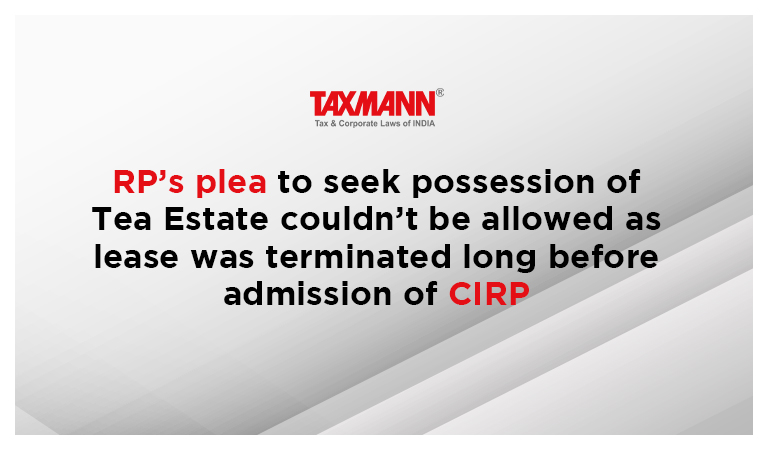
Case Details: Sangita Fiscal Services (P.) Ltd. v. Duncans Industries Ltd. - [2022] 139 taxmann.com 351 (NCLT-Kolkata)
Judiciary and Counsel Details
-
- Rohit Kapoor, Judicial Member & Harish Chander Suri, Technical Member
- Joy Saha, Sr. Adv., Dipankar Das & Ms. Sajana Nandi, Advs. for the Appellant.
- Jishnu Saha, Sr. Adv., Usha Nath Banerjee, Avishek Guha & Chitresh Saraogi, Advs. for the Respondent.
Facts of the Case
In the instant case, an application was filed by the Resolution Professional before the Hon’ble National Company Law Tribunal (NCLT) seeking direction upon respondent No. 1 to hand over the possession of Birpara Tea Estate to the Resolution Professional.
The Corporate Insolvency Resolution Process (CIRP) was initiated against the corporate debtor vide. order dated 05.03.2020 and the applicant was appointed as Interim Resolution Professional (IRP) and later confirmed as Resolution Professional (RP) by the Committee of Creditors (CoC) of the corporate debtor.
The learned counsel of respondent no. 1 submitted that the State of West Bengal had leased tea estate in favour of the corporate debtor for a fixed period of thirty years commencing from June 1978, which was terminated on 26.06.2008 and not renewed as per the law.
Further, attention was drawn to section 111(a) of the Transfer of Property Act, 1882, which envisages that a lease of immovable property determines by efflux of the time-limited thereby. In such circumstances, neither the Corporate Debtor nor the Resolution Professional could claim any legal right far less “ownership” rights over any part of the Tea Estate.
In addition to this, the corporate debtor abandoned the tea garden in the year 2019 long before admission of the CIRP against the corporate debtor and respondent No. 1 took possession of the tea garden and had been running the tea garden since 01.07.2021.
Since, the lease of the tea garden granted to the Corporate Debtor stood terminated by efflux of time and had not been renewed in favour of the corporate debtor, the Adjudicating Authority (NCLT) didn’t have the jurisdiction to determine whether the Corporate Debtor had any residual right under the said lease agreements or not.
NCLT Held
The National Company Law Tribunal (NCLT) held that it was out of the question that RP could take possession of tea gardens to which the corporate debtor had no ownership. Therefore, the prayer of RP seeking direction upon respondent No. 1 to hand over possession of the tea estate could not be granted.
List of Cases Referred to
-
- Tata Consultancy Services v. Vishal Ghisulal Jain, Resolution Professional of SK Wheels (P.) Ltd. [2021] 132 taxmann.com 232/[2022] 170 SCL 153 (SC) (para 16)
- Embassy Property Developments (P.) Ltd. v. State of Karnataka [2019] 112 taxmann.com 56/[2020] 157 SCL 445 (SC) (para 18)
- Gujarat Urja Vikas Nigam Ltd. v. Amit Gupta [2021] 125 taxmann.com 150/167 SCL 241 (SC) (para 18)
- Bhanu Kumar Jain v. Archana Kumar [2005] 1 SCC 787 (para 20)
- Ishwar Dutt v. Land Acquisition Collector [2005] 7 SCC 190 (para 20)
- Shiromani Gurdwara Parbandhak Committee v. Mahant Harnam Singh [2003] 11 SCC 377 (para 20)
- K.S. Varghese v. St. Peter’s & Paul’s Syrian Orthodox Church [2017] 15 SCC 333 (para 20).
Disclaimer: The content/information published on the website is only for general information of the user and shall not be construed as legal advice. While the Taxmann has exercised reasonable efforts to ensure the veracity of information/content published, Taxmann shall be under no liability in any manner whatsoever for incorrect information, if any.

Taxmann Publications has a dedicated in-house Research & Editorial Team. This team consists of a team of Chartered Accountants, Company Secretaries, and Lawyers. This team works under the guidance and supervision of editor-in-chief Mr Rakesh Bhargava.
The Research and Editorial Team is responsible for developing reliable and accurate content for the readers. The team follows the six-sigma approach to achieve the benchmark of zero error in its publications and research platforms. The team ensures that the following publication guidelines are thoroughly followed while developing the content:
- The statutory material is obtained only from the authorized and reliable sources
- All the latest developments in the judicial and legislative fields are covered
- Prepare the analytical write-ups on current, controversial, and important issues to help the readers to understand the concept and its implications
- Every content published by Taxmann is complete, accurate and lucid
- All evidence-based statements are supported with proper reference to Section, Circular No., Notification No. or citations
- The golden rules of grammar, style and consistency are thoroughly followed
- Font and size that’s easy to read and remain consistent across all imprint and digital publications are applied

